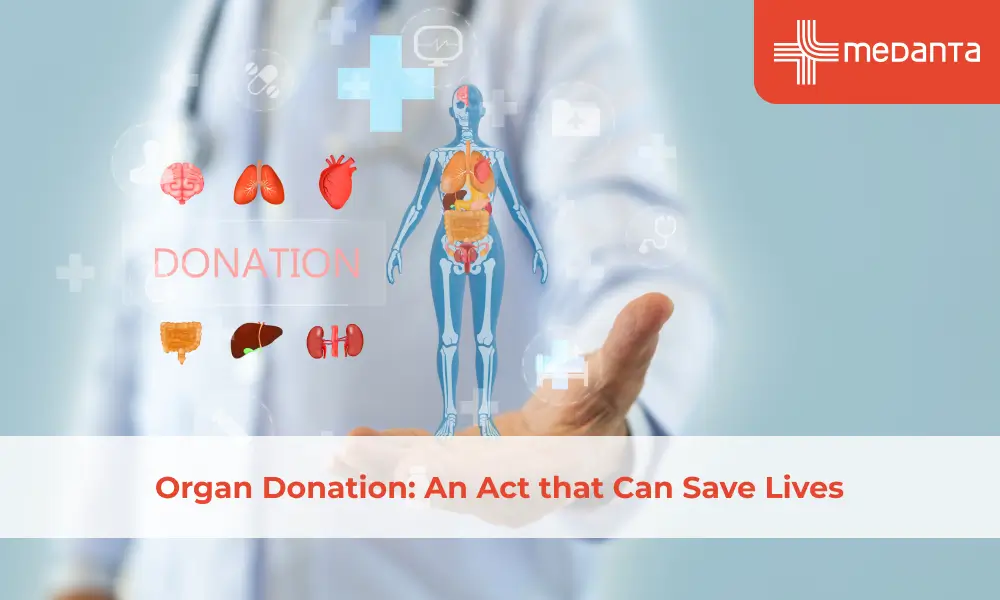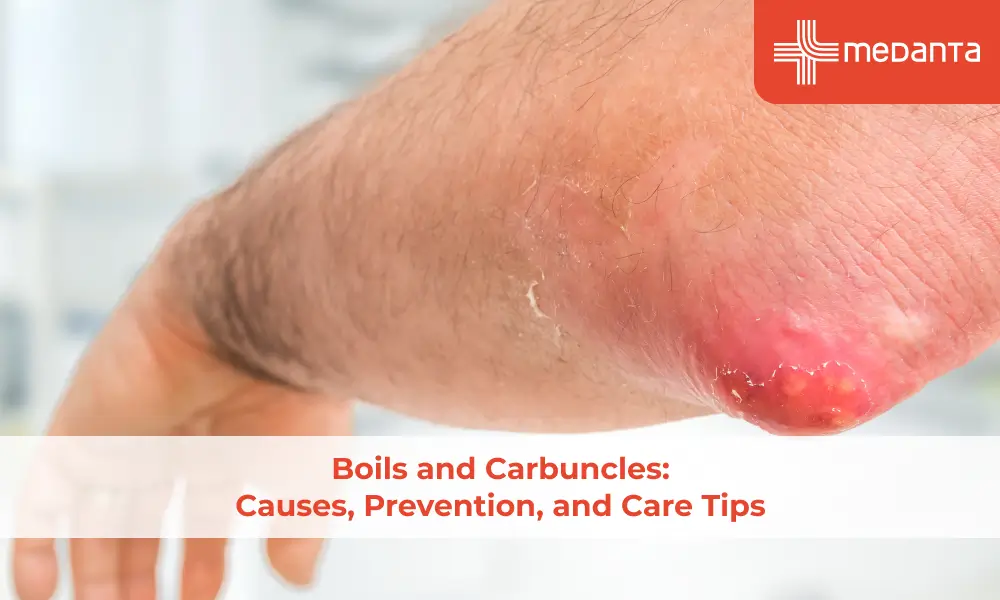Organ Donation: An Act that Can Save Lives

The act of donating one’s organs can save the lives of scores of people who live on the brink of death every day. According to the National Organ and Tissue Transplant Organization (NOTTO) set up under the Ministry of Health and Family Welfare, Government of India, every year, around 2,50,000 people need kidneys and approximately 1,00,000 people need corneas. There are about 80,000 people in need of a liver and 50,000 for a heart. It is said over 5 lakh people die every year due to the unavailability of organs.
The Benefits of Organ Donation
Vital organs for transplantation include the heart, liver, pancreas, intestine, kidneys, and lungs. Also, tissues can be recovered, including corneas, bone, skin, heart valves, tendons and veins.
Those in need of an organ transplant can be people suffering from end-stage diseases of the organs or may have damaged it due to serious injury. Diseases like acute kidney and liver failure, diabetes, terminal lung illness, heart failure, heart valvular disease, burns and corneal blindness can be treated through donated organs.
How Organ Donation Works

Organ donation can take place in two situations. Organs can be donated by living and non-living donors in the following ways.
-
Living Donors - In Living Organ Donation, if someone is 18 years or above, they can legally volunteer to donate a part of some of their organs. Living donors can donate a part of their liver or lungs, a segment of the pancreas and one kidney. This does not create health issues in the donor as one kidney is sufficient for the functioning of the body; the liver and lungs regenerate with time and a portion of the pancreas can perform pancreatic functions needed by the body.
There are three types of donors under living organ donation:
- Near-related donors: Immediate family members like parents, siblings, children, grandparents, grandchildren and spouse are allowed to donate to a recipient.
- Other near-related donors: Anyone who is a relative or well-wisher of the recipient can donate their organs.
- SWAP donors: Often immediate family, relatives and well-wishers are unable to donate to the person in need due to reasons like blood group mismatch. This is when ‘swap donations’ happen, where two families come together and donate to each other. Donors are ‘swapped’ in such a scenario.
- Near-related donors: Immediate family members like parents, siblings, children, grandparents, grandchildren and spouse are allowed to donate to a recipient.
- Non-Living Donors - Deceased Organ Donation is possible if a patient is declared brain stem dead; a situation where the patient’s brain has stopped functioning and is dependent on life support systems to keep the other vital organs working.
The vital organs can only be donated if the person is in a hospital and a doctor has declared him/her to be brain dead. An organ transplant done from a deceased organ donor is commonly called a cadaveric transplant. The organs must be removed from the deceased donor and transplanted to the recipient within the following time frame:
| Heart | 4-6 Hours |
| Lungs | 4-8 Hours |
| Intestine | 6-10 Hours |
| Liver | 12-15 Hours |
| Pancreas | 12-24 Hours |
| Kidneys | 24-48 Hours |
Source: NOTTO
Who Can Be a Donor?

Those who want to register for organ donation can get a donor’s form from the NOTTO website. A printable donor card bearing the donor’s name, blood group, and the organs and tissues they would like to donate is issued shortly after the form submission. A person cannot donate if they have active cancer in the body or a systemic disorder because these conditions might spread in a recipient’s body as well. The NOTTO suggests the below age limits for deceased organ donation.
| Organ | Donor's Age Limit |
| Kidneys and Liver | Upto 70 years |
| Heart and Lungs | Upto 50 years |
| Pancreas and Intestine | Upto 60-65 years |
| Corneas and Skin | Upto 100 years |
| Heart Valves | Upto 50 years |
| Bones | Upto 70 years |
A donor should remember to discuss their decision to donate with close relatives so that processes can be put in place for a transplant in case of ‘brain death’.
- If the person dies in hospital, doctors and transplant coordinators (available in big hospitals) will begin the process of transplantation after the family gives consent.
- If a person dies at home, the nearest government or big private hospital can be contacted. However, this needs to be done immediately. Only eyes and some tissues can be harvested if a person has died at home.
It is finally important to note that family consent is the final deciding factor as far as organ donations are concerned in India. If the family refuses permission (in spite of the deceased person registering to be a donor), doctors will not transplant any organ.






